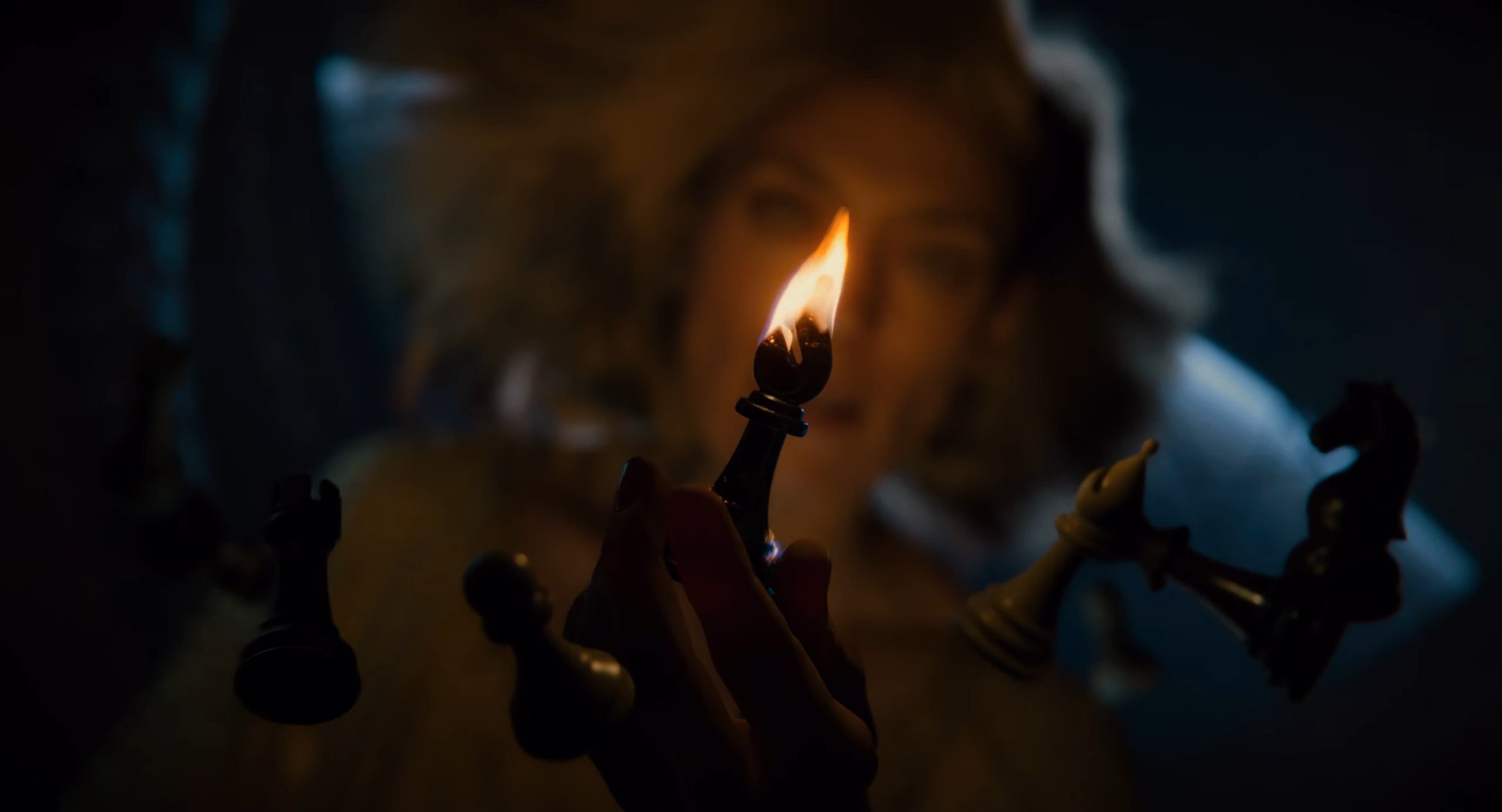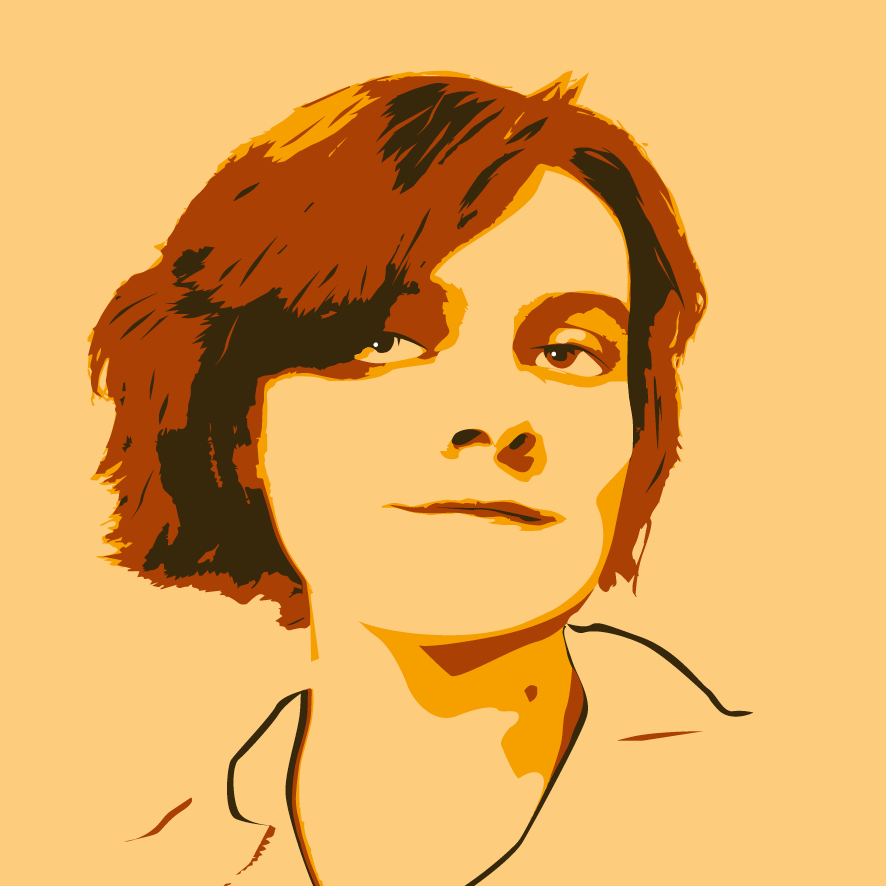Unity's 'Enemies' tech demo isn't quite the checkmate it should be
Is graphical fidelity the fight Unity should even be picking?
Keep up to date with the most important stories and the best deals, as picked by the PC Gamer team.
You are now subscribed
Your newsletter sign-up was successful
Want to add more newsletters?

Every Friday
GamesRadar+
Your weekly update on everything you could ever want to know about the games you already love, games we know you're going to love in the near future, and tales from the communities that surround them.

Every Thursday
GTA 6 O'clock
Our special GTA 6 newsletter, with breaking news, insider info, and rumor analysis from the award-winning GTA 6 O'clock experts.

Every Friday
Knowledge
From the creators of Edge: A weekly videogame industry newsletter with analysis from expert writers, guidance from professionals, and insight into what's on the horizon.

Every Thursday
The Setup
Hardware nerds unite, sign up to our free tech newsletter for a weekly digest of the hottest new tech, the latest gadgets on the test bench, and much more.

Every Wednesday
Switch 2 Spotlight
Sign up to our new Switch 2 newsletter, where we bring you the latest talking points on Nintendo's new console each week, bring you up to date on the news, and recommend what games to play.

Every Saturday
The Watchlist
Subscribe for a weekly digest of the movie and TV news that matters, direct to your inbox. From first-look trailers, interviews, reviews and explainers, we've got you covered.

Once a month
SFX
Get sneak previews, exclusive competitions and details of special events each month!
Of all the major game engines floating around, Unity probably isn't the one that comes to mind when you think of graphical fidelity. That's a view the tech company continues to try and turn around with a slick real-time cinematic demo, showing off some shiny new digital humans.
Dubbed "Enemies", a Unity blog post dives into some of the improvements made since the last tech demo, The Heretic. A new tension tech allows for mapping wrinkles and bloodflow without finicky facial rigs, while a skin attachment system allows for high-density meshes on the skin surface like peach fuzz. The demo also sports a new hair solution for more believable locks, alongside a new skin shader and more reactive eyes.
What this results in are some pretty damn photorealistic screenshots. But in motion, there's still something a little uncanny to the animation, an indistinct shimmer to the lighting. It looks good, but not groundbreakingly in the way we've come to expect from tech demos. It's certainly no comparison to Unreal Engine 5's stunning 2020 reveal.

My main concern, as someone who works with and has released games in Unity, is that I don't come to Unity for the raw graphical horsepower of an Unreal—I come to it because it's easy to throw plugins and assets into a blender and come out with something real nice real fast. That accessibility is what, for better and worse, has made Unity the go-to tool for new developers.
But for a long time now, Unity has seemingly neglected making its tools more developer-friendly in service of chasing the same cinematic ambition that's seen Unreal used on the set of The Mandalorian. Hollywood VFX is undoubtedly where the money is, but recent releases of Unity have felt increasingly half-baked. When I go to start new projects, I'm going back to 2017 or 2019 releases of Unity, which tend to have better addon compatibility and fewer unfinished features.
Enemies will undoubtably be exciting for developers looking to bring more realism to their characters, and tech advances widen the possibilities for all developers working with the tools. But it's hard for me to see where I and other hobbyist, indie and small scale developers benefit from a foundation that's less interested in making games than making movies.
Keep up to date with the most important stories and the best deals, as picked by the PC Gamer team.

20 years ago, Nat played Jet Set Radio Future for the first time, and she's not stopped thinking about games since. Joining PC Gamer in 2020, she comes from three years of freelance reporting at Rock Paper Shotgun, Waypoint, VG247 and more. Embedded in the European indie scene and a part-time game developer herself, Nat is always looking for a new curiosity to scream about—whether it's the next best indie darling, or simply someone modding a Scotmid into Black Mesa. She also unofficially appears in Apex Legends under the pseudonym Horizon.

